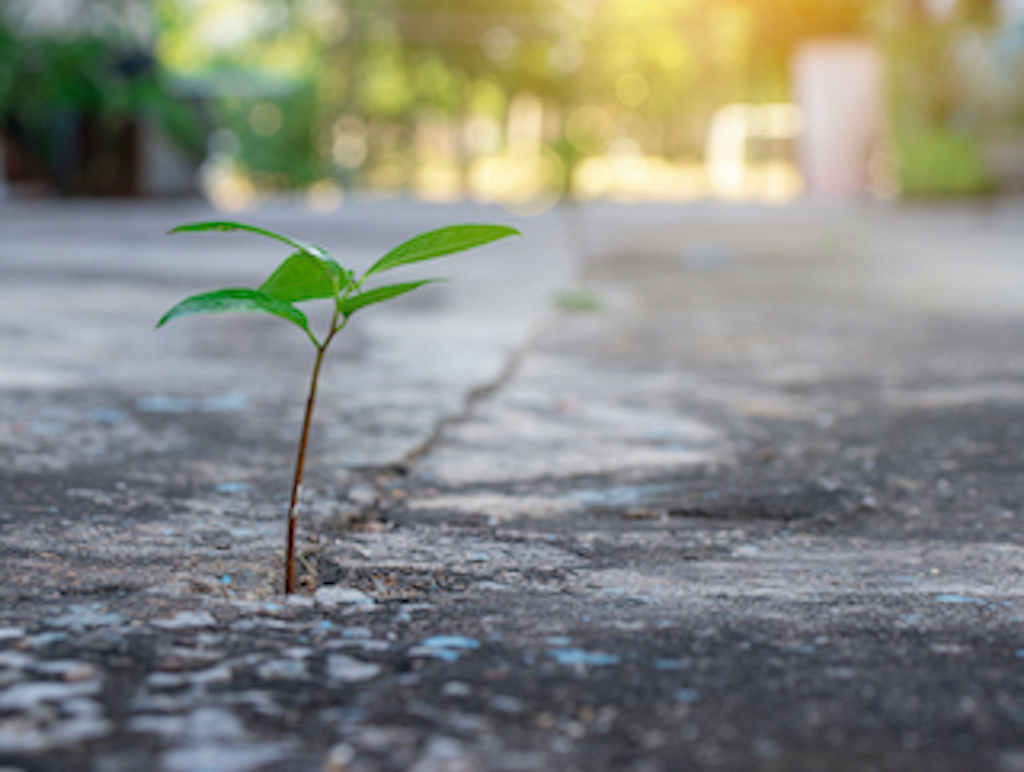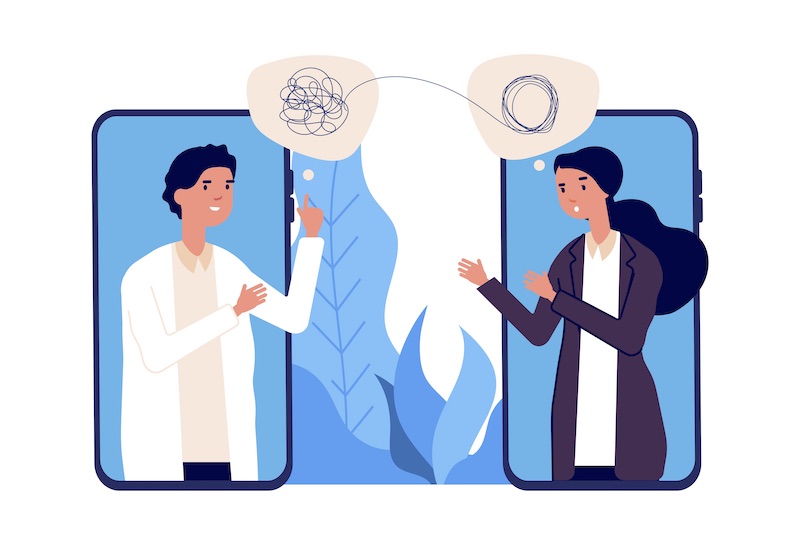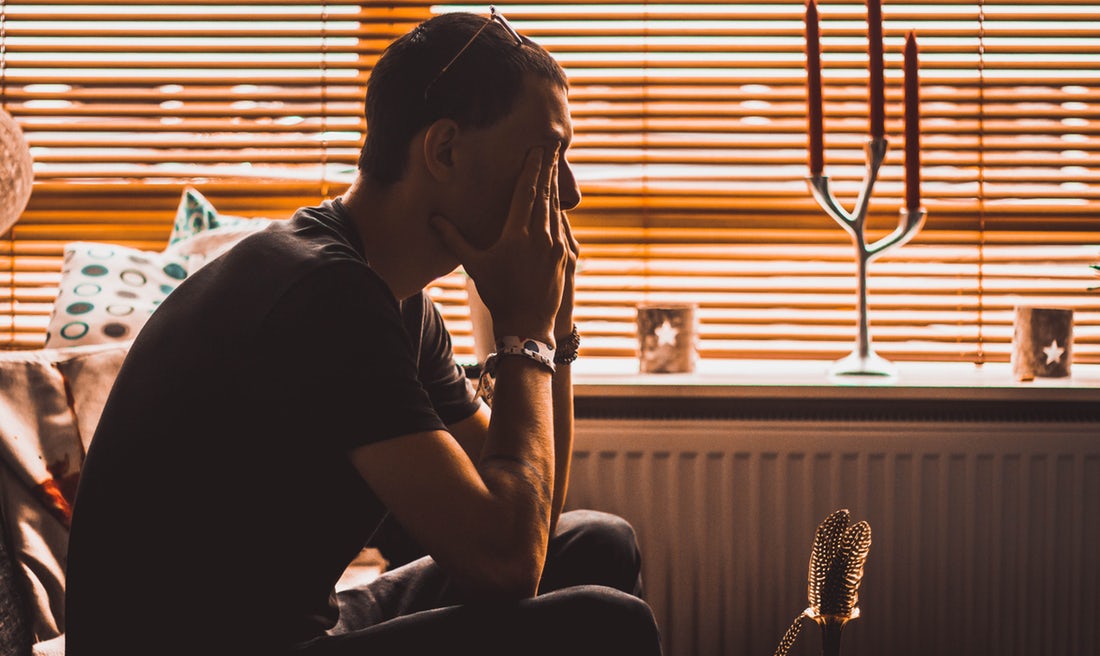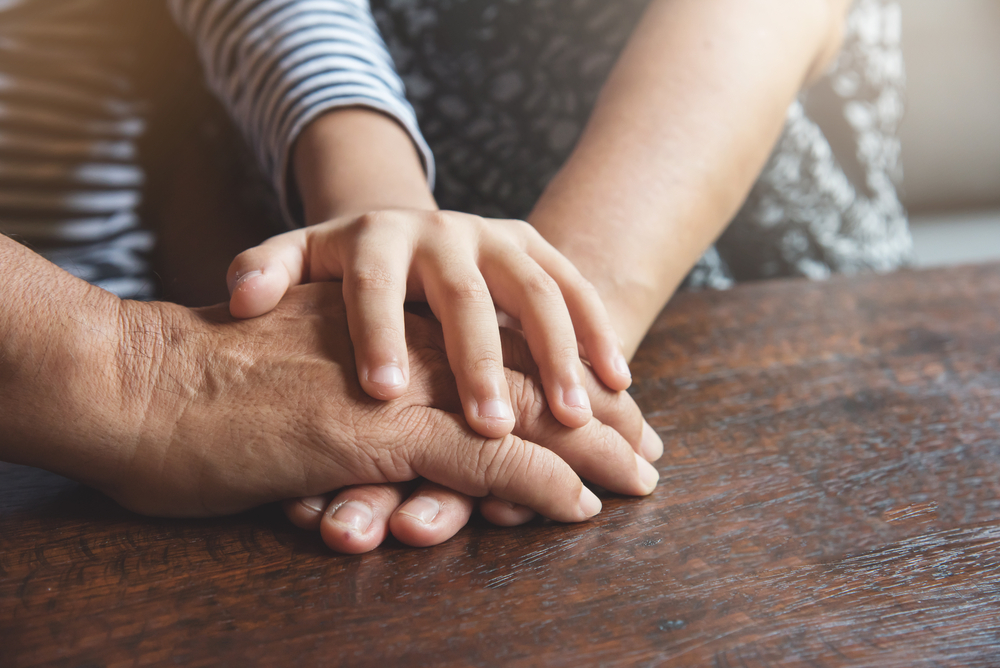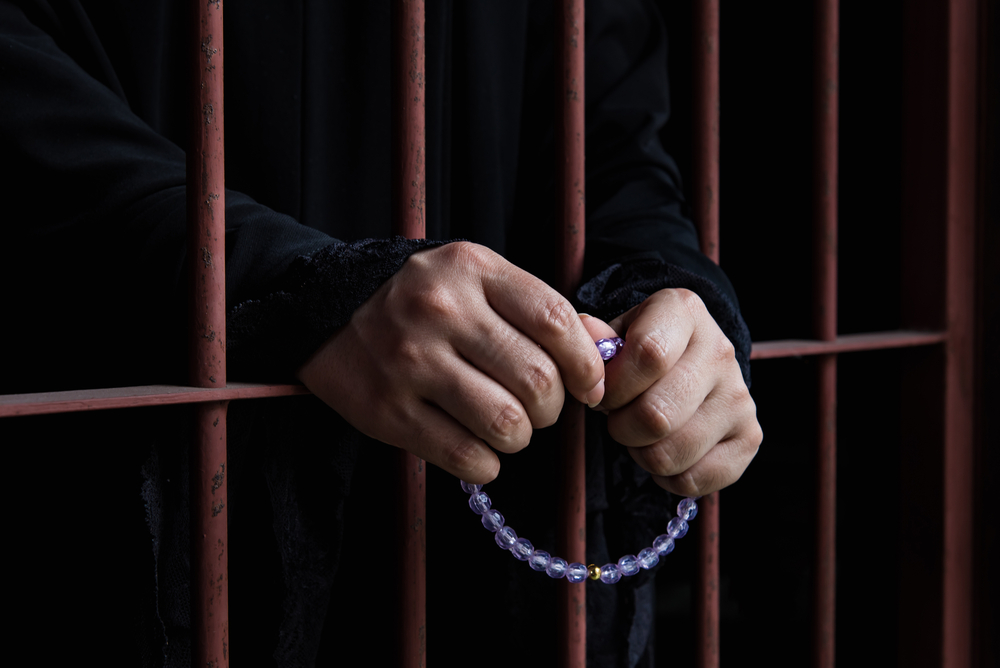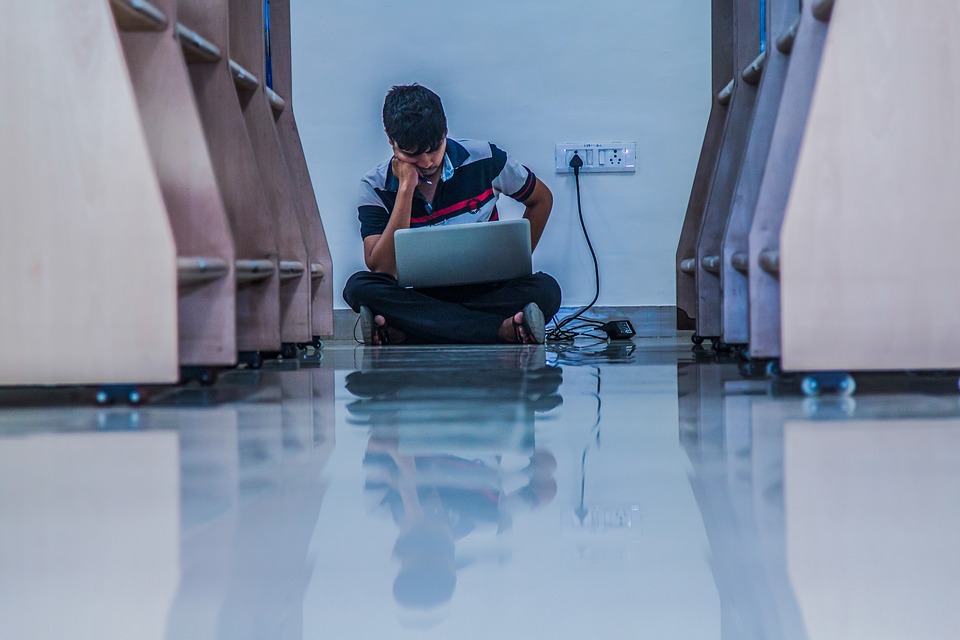Mental Health Services
Suicide Postvention – Crisis Response Summary
Suicide is a human condition. As such, Muslims are not immune to mental health challenges, mental illness, and suicidal ideation. The Institute for Muslim Mental Health coordinated and hosted an emergency Meet the Expert Pro-Series webinar on Thursday, April 8th 2021 in response to a mental health crisis in the Muslim community. The Pro-series webinars are geared towards Muslim mental health practitioners and community faith leaders. This article summarizes the key learning points of Dr. Rania Awaad’s webinar presentation.
Read MoreCoping with COVID: Best practices for mental health professionals during the pandemic.
Who could have imagined that, a few short months into 2020, the world would come to a complete standstill? Businesses have closed down, schools are empty, but some of our homes are possibly more full than they have been in a long time. In addition to the many stressors faced by all people as a result of the quarantine, Muslims have faced additional challenges that are unique to them. As Muslim health care professionals, it is important to understand how to cope with these challenges during these unique times, as well as how to guide those seeking our help.
Read MoreTelehealth and COVID-19: The Dos and Don’ts
With the COVID-19 pandemic catching the world by surprise, physicians and other healthcare providers have had to find ways to continue providing patients with treatment, while also keeping patients safe from possible infection. This spans physical and mental health treatment providers and facilities. Furthermore, studies have shown American Muslims often do not seek mental health services due to stigma and discomfort with sharing their stories to “strangers”. Telehealth has become ever more important to help American Muslims and the general population access services.
Read MoreExploring the Darkness: Self-Harm and Drug Use in Muslim Youth
Stigma surrounding mental health is something that every community deals with, even in this current day and age. These stigmas are even more pronounced in traditional religious communities where mental illness gets chalked up to supernatural entities. As a result, many individuals in Muslim communities, especially the youth, do not get the attention they need in order to properly and safely tackle mental health issues. Two issues that are relevant in the lives of many Muslim youth today are self-harm and substance abuse. These two issues, already a serious global health and medical problem affecting people of many backgrounds, are highly stigmatized within Muslim populations. This leads to a lack of self-reporting and subsequently, a lack of treatment for those harming themselves physically or through repeated drug use.
Read More“Here For You” – Naseeha Mental Health
For Naseeha Mental Health, ‘here for you’ is more than just a social media hashtag. It reflects Naseeha’s nearly 15-year presence as the first line of contact for mental health services for the North American Muslim Community.
Read MoreBehind Closed Doors: Porn and Young Muslims
There is a lack of education and available resources for addressing sexuality with young Muslims in an age-appropriate manner and through an Islamic lens. This becomes worrisome when students are opted out of sex-education classes at school with no alternative education at home or in Islamic institutions. Muslim parents are not fully equipped to have the ‘birds and the bees’ talk with their children and this becomes problematic when curiosity outside the classroom leads to the dark web.
Read MoreFamily Youth Institute Suicide Kit: A Resource for the Muslim Community
Since the publication of The Family and Youth Institute (FYI) Suicide Prevention and Intervention Resources in September of 2017, over 6000 people have accessed the Suicide Prevention and Intervention Resources on the website and almost 25,000 have accessed them through social media outreach. Mosques and community centers are starting to address suicide and mental health issues in programming and Friday sermons. As Sheikh Yaser Birjas mentioned in a Friday sermon this past September, “We live in one society, we are not immune. Cultural shame leads people to feel isolated. There is no shame in seeking help. It is obligatory if you need help or know someone who does that you should seek it [professional help].”
Read MoreCaring for Minds Behind Bars: The Role of the Muslim Chaplain
In theory, the line between mental illness and spiritual needs is clear; however, not many things are clear in a prison setting. As a Muslim chaplain in the Connecticut Department of Corrections (DOC), I am faced with inmates that have clear mental health needs. Fortunately, inmates with mental health issues are often identified by the mental health departments in all the facilities in CT prisons and jails
Read MoreUnderstanding Psychotherapy: How to Find the Right Practitioner and Beyond
Primary health care providers and patients alike are increasingly recognizing the positive role that psychotherapy can play in wellness. At the same time, it can sometimes be challenging to locate appropriate psychotherapeutic services.
Whether you’re facing a rough moment or know someone who is, finding the right mental health practitioner is one of the first steps towards enhanced well-being. In psychotherapy, you will learn healthy coping strategies, gain a better understanding of yourself, and address goals that you set in collaboration with your psychotherapist.
Read MoreResources for Muslim Youth
Living in the digital age with a 24-hour news cycle and global political unrest makes it difficult for teenagers to unplug when tragedies occur. It can be tough for youth to emotionally distance themselves from certain events especially if it feels like their identities are under attack. Young people today also face new challenges when it comes to harassment due to the rise of social media. Outlets such as Facebook and Twitter can often be a hotbed for hate speech.
Read More
